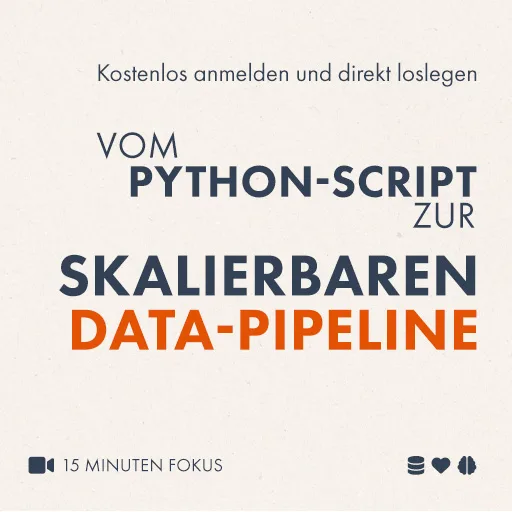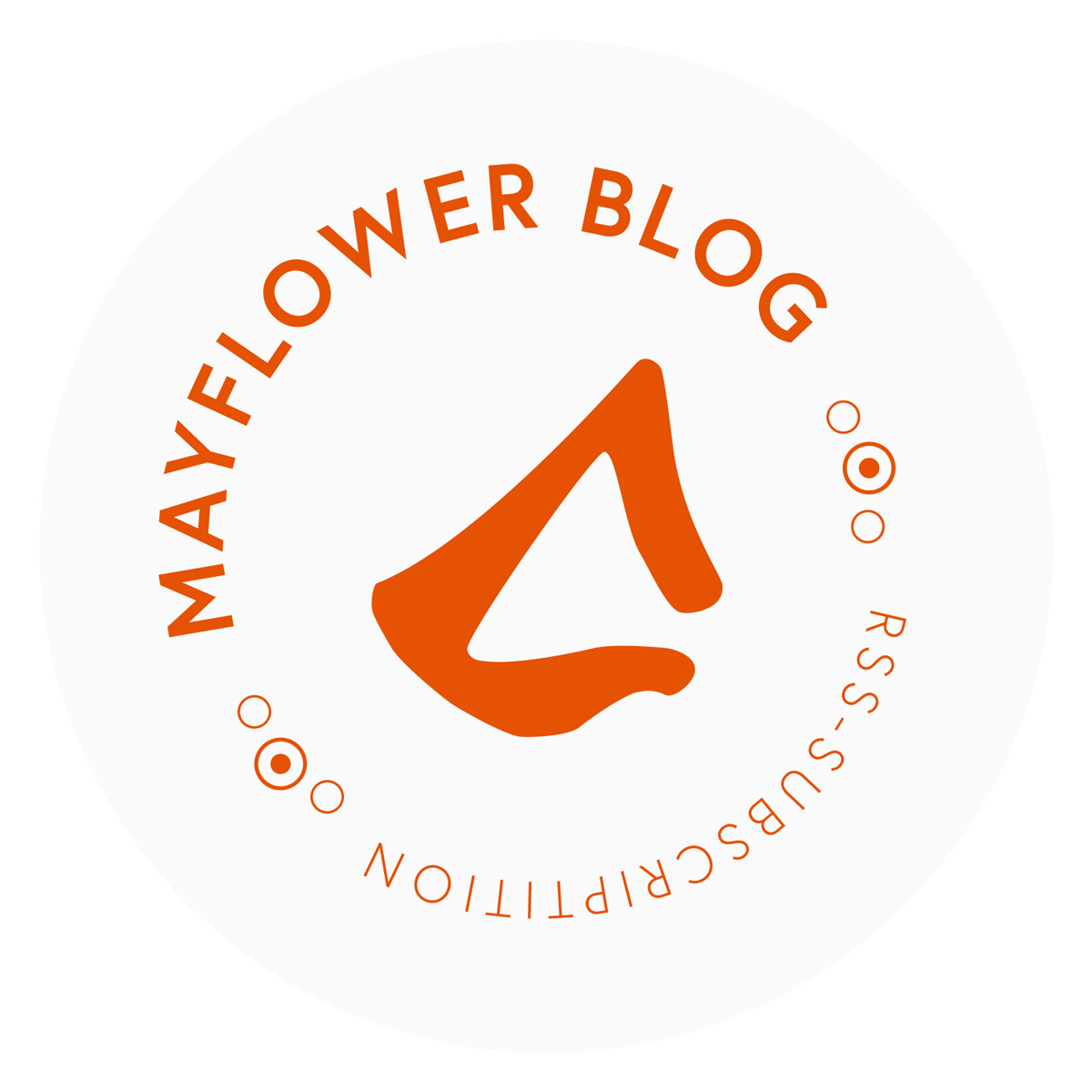Last week I received a really extensive questionaire from the European commission. They investigate in the case of the Oracle/Sun merger and supplied a long questionaire how Mayflower sees the Oracle/Sun merger. One of the question, for example, is if the quality of InnoDB has increased or declined since Oracle bought Innobase Oy some years ago. I wrote to the commission and asked if I could distribute the two Word documents they delivered to me. Important information: the questionaire has to be sent back until August, 13th!
This is what Vera Pozzato on behalf of the team told me:
Dear Mr. Schotte,
Many thanks for your email and for the interesting information you have provided us with.
As our investigation is a rather extensive and complex exercise, we would appreciate if you could send us, if possible, the contact details (company name, address, telephone number+fax+email address of a contact person) of companies that work with MySQL and Open Source products, and who could be willing to assist us in our investigation.
We would then send the questionnaires ourselves so we can more easily keep track of replies and double-check whether they might have already received our requests for information last week.
Please let us know if this is possible for you and, in any case, do not hesitate to contact us should you have any further queries.
Many thanks.
Kind regards,
Vera Pozzato
On behalf of the case teamVera Pozzato
European Commission
DG Competition
Directorate C – Information, Communication, Media
Mergers
Tel. +32-2-29-93012
Fax +32-2-29-98588
E-mail vera.pozzato@ec.europa.eu
I encourage everybody who works with MySQL in the OpenSource area to write to Ms. Pozzato and ask for the questionaire. I also encourage you to distribute this content to everybody who is working with MySQL and Open Source products writing E-Mails to Ms. Pozzato and asking for the questionaire.


Schreibe einen Kommentar